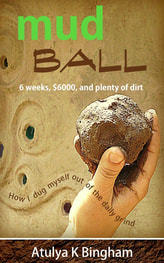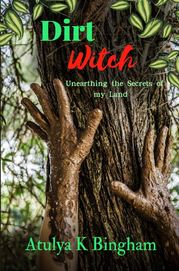|
A feisty wind tore at the cliff face. Head down, shoulders hunched, I pushed along the bracken-stuffed trail. I’d reached the north west corner of Scotland. It was another planet up here; a buffeted, watery world that swam green and grey from the shore. People were few and far between. Petrol stations scarcer. I hadn’t sensed this depth and breadth of remoteness since Turkey. Britain may be a crowded island, but almost everyone is clustered in the southern half of it. I grinned as I hiked. Because I was on a quest. Scoraig was my destination, an off-grid community huddled on a distant peninsula in Wester Ross. It was a landscape of names pulled out of a fantasy novel, and I was revelling in it. As I drank in the clouds, I wondered what an off-grid world might look like in the UK. In this case, only the truly dedicated would ever find out. The road to Scoraig is an arduous, sheep-obstructed thread; coiling up mountains and plunging into lush valleys. I had considered abandoning the visit a couple of times the previous evening as my fat van teetered along the narrow tarmac, listing like a ship in trouble. Where the road ended, the trek began. Three miles or more of it. All along a jagged stone dinosaur of a precipice. It was amazing. A spatter of rain hit my face. I saw the dark body of the sea thrashing against the rocks below. And then finally a few stone shacks pulled into view. Even I, weathered soul that I am, muttered “hard core”. “There are about 20 crofts here,” Davy led the way to his house. With his long auburn beard, he looked suitably Celtic. Though he sounded more like he was from Nottingham. His small son bounced on his back relishing the wind whipping at his hair. “Are all the crofts off-grid?” I asked. “Yes, you can see the wind turbines. We’re really lucky. Hugh Pigott the turbine specialist lives here too.” Davy pushed open the door to a large stone house. “Are you Scottish?” I asked, because hey, I was curious. Davy laughed. “Yes, I’m born and bred in Scoraig. But because people have moved here from different places, Scoraig now has its own accent.” He pulled off his boots. I bent and untied mine. As soon as I walked into the living room, I felt a warmth. A familiarity. The aura of a self-built home is always palpable. A woman my age sat on the sofa. “Welcome!” She smiled. Her eyes and skin were fresh. Something happens to people’s faces when their souls are in their bodies and their lives. Oh what a happy day I spent on Scoraig! We gathered our lunch from the burgeoning vegetable garden. I gawped enviously at Davy’s wind turbine and towering battery bank. Finally we discussed the advantages of no road access, before eating the best food I’ve tasted in a long, long while. “You know I’ve got about 10 or 15 people who’d like to hear about earthbag building.” Davy said as he collected up the plates. “Really?” I was dumbfounded. I couldn’t even see that many crofts from the window, let alone people. But they were there. Hiding in the folds of the hills. As I soon found out. Half an hour later we were sitting in the community centre with 20 Scoraigians; old and young, men and women, from all over the British isles, yet all choosing this remote off-grid world, a world modernity views as quackery and hardship. With the exception of communes, it was the first time in my life I’ve sat with so many people living a similar alternative life. I was miles away from Mud Mountain in a completely different climate, on a completely different sea. And yet I felt at home. It was almost ten pm when I threw my pack on my back and made for the door. But darkness was far away in Wester Ross. It was an ever-twilight dreamland. I wandered back along the craggy ridge, belly stuffed with home-grown food, mentally nourished, invigorated and alive. And I all but skipped the three miles back to my van. It’s such a simple idea. A house. A family. A garden. A community. So unostentatious compared to the glitzy trappings of fast-track careers, bloated bank accounts, and great ego-propping acquisitions. So uncomplicated. And yet so fulfilling. People like to blame the system and the government for the polluted carcass that is urban modernity. And that’s convenient. But we create the system. We fuel it. We are it. And with every pound or dollar we spend on a given product, we vote for the direction it takes. I’m not wagging the finger, because I too am a part of it. Nor am I advocating revolution. What difference would it make when people’s minds and souls are so contorted out of shape they don’t even remember who they are? Or the possibilities open to them? Right now? At this very moment? Skirting along the edges of this selfsame system? Back on Mud Mountain, I heard many times that it was impossible to do what I did in the West. Especially the UK. It’s a small, crowded place after all. I harboured my suspicions, but I held my tongue, and waited until I saw for myself. After two months or more or touring, I’ve seen. And what do you know? It all looks oh so familiar. There are hundreds of examples, each unique in shape and form, of folk creating beautiful worlds for themselves in the UK. Community buyouts like on the Isle of Eigg, hidden mud homes in forests, local hutters’ groups, eco-communities who band together to gain permission for self-build natural homes (Tinker's Bubble is just one example). Unlike Turkey, you don’t have to be under the radar for many of them. Some even manage government funding! Similar possibilities exist everywhere else in the world too. Everywhere. For the most part, the greatest obstacle we face is not the system, nor the government, but the limits of our minds, our addiction to the (un)comfort zone, and our lethargy. Fair enough if this isn’t the lifestyle you want. I respect that. We are all different. But if it is your dream, if you want to thrive in nature in a house you built yourself, pay no heed to the throng of hopeless whiners telling you it’s impossible. They don’t know what they’re talking about. Do you enjoy these posts? If so please consider supporting me on Patreon, and joining our huddle of Patrons. Many thanks to the Mud Sustainers and all the folk supporting already! It is much appreciated.
8 Comments
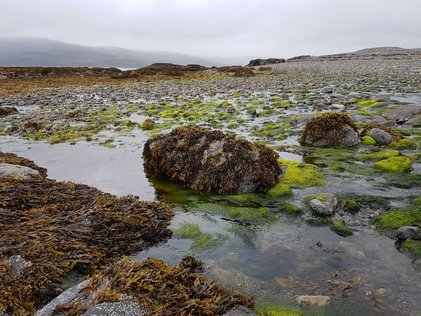 It was but a few days ago. I was huddled on a small boat tethered to a jetty on the Scottish island of Mull. The weather was amazing in its sogginess. Mostly it rained. And when it wasn’t raining another strange kind of element would descend. A freezing gloop that swallowed the mountains whole and turned skin into cold slime. It was well into the month of June, but I still had my woolly hat on. “Is this normal?” I asked the small lady next to me as we rose and sank with the waves. She chortled, and a few freckles disappeared into creases. “Oh I thought the weather was quite a good,” she said. I blinked and wondered what on Earth she could mean. Back in Turkey no one would have even got out of bed on a day like today, never mind stepped on a boat. Even if it was to see puffins. Oh the puffins! The puffins! But more about those in a moment. Now, you may at this juncture rightly be wondering what I’m doing in Scotland. Wasn’t I in Portugal? Well, yes. But the Atlantic has pulled me northwards. First it dragged me back to northern Spain, to Galicia, Asturias and Cantabria. From there I boarded a ferry to the UK. And then I drove further north again. What is this calling? I don’t know. Is it the Celts? Or is it the ocean itself, the fresh, cool smell of which bewitches me? While the Mediterranean is a cultured sea. A sea of trade, art and thought, the Atlantic feels ancient. Wild. Stuffed with seals, whales, and semi-crazed mariners with matted, white beards. It’s a mist-cloaked hide upon which a thousand myths are written. And in which a thousand spells have been cast. No wonder then that the puffins live here too. Squeezing myself out from my chair, I trotted up to the wheelhouse of our boat. The glass was spattered with drips, and through them I spied a grey speckled hump of rock approaching. I marveled at our group of weathered day-trippers, hoods pulled down, a platoon of multi-coloured Gore-Tex battling the elements. Giant telephoto lenses and binoculars swung from necks and shoulders. These were serious bird watchers and wildlife photographers. People on a mission. Now, it’s a rare day I’ll join a group. There has to be something very special out there to compel me to share a floating cupboard with thirty people... “Ladies and gents, here we are. Lunga of the Treshnish Islands.” Our skipper spoke with weary authority as he pulled into the beach. His first mate leapt ashore, rope in hand. “When you get o’ the boat, walk up the steps. We always recommend you carry on walking to the end o’ the path to see Harp Rock. But no one ever listens to us. They see the puffins, and become somehow hypnotised…Mesmerised…Puffinised...” I thought he was joking. Once off the boat, I picked my way over boulders, gaping at the landscape. Lunga was a mysterious, fog-shrouded place, stuffed full of barnacles and limpets. The rocks grew green hair. You slipped on it wherever you trod. One by one we stumbled and skidded over the shore. I stared at the pools of cold water beside me churning with brown vipers of seaweed. And I shivered. Single file, we all clambered up the muddy path. The sky drifted over us, and it began to pour with rain once again. There was some huffing and murmuring. Then suddenly we reached the top of the bluff. And we all became quiet. Silent in fact. There lining the precipice were rows and rows of orange and red patterned beaks. Some poked out of burrows. Others gripped grass or sand eels. The beaks turned toward us. They twittered excitedly. The puffins didn’t fly away. They weren’t bothered by us at all. On the contrary, I got the distinct impression they were rather pleased to see us. Many birds flew in from the sea, landing much as I might if I grew a couple of stumpy wings and hurled myself from a precipice. Others strutted to and fro like tiny waist-coated butlers. I fell onto the sopping ground. And just as the skipper had predicted I was mesmerised. Everyone was. No matter that the grass was soaking, the air freezing. No matter that our clothes were now streaked in mud. The puffins had us rapt. Eventually, I remembered the wise old skippers’ words about the Harp Rock. Up yonder. With a groan and a stomp, I tore myself from the puffin ledge and continued along the path. And that was when things turned sour. As I slid along the escarpment the talons of a black thought appeared through the wet air. They curled and clawed at me. Puffins are a vulnerable species. A terrible regret gripped my heart. We had to be disturbing these dear little birds. How could we not be? Just because they looked like they weren’t bothered by us, didn’t mean they weren’t. And after us, more damn tourists would follow. And more. Until... The further along the path I walked, the more upset I became. The talons scratched at my conscience. I hate humans, I thought. We are nothing but a bunch of selfish, destructive arseholes. Our curiosity is killing the puffins! We are wrecking their peace and quiet. Tramping all over their habitat. How could I have come here and participated in this? Suddenly, a cacophony of squawking drowned my thoughts. I had reached Harp Rock. There it jutted from the water like an enormous raptor’s tooth. But it was ablaze with so many birds as to be invisible. Kittiwakes, guillemots, razorbills, shags, and puffins all squawked and screeched and zipped about it. The air was a vapour of birds. A mighty wind shoved up the sheer cliff edges, and for a moment the rain backed off. As I stood gaping in amazement at this storm of winged bustle, I watched the puffins scuttling into their burrows. They were more timid here, with none of the comfortable prancing of the puffins back at the beginning. These were jumpy, alert. Eventually, I turned back. As I skidded along the oozing track, I wondered if this charming bird would survive us. Back at the main puffin ledge, just beneath another leaden belt of precipitation, I spotted Lunga’s warden. He was a young chap shrouded in a navy blue sou’wester, and was cheerily impervious to the never-ending rain. Sitting on the grass next to him, metres from the puffins, I spoke up. “Aren’t we disturbing them?” I said. “Do you think we should be up here?” The warden turned to me and grinned. “No. They like us.” I sighed somewhat exasperated. “How do you know that though?” “Well, every year the scientists come here. They stay for a month in huts over there and tag the birds. What they’ve noticed is that the breeding rate of these puffins on this ledge, the one where all the visitors come, is far higher than anywhere else on the island.” My mouth fell open. “Why?” “They don’ really know. But one guess is, it’s because we’re keepin’ predators away that would otherwise eat their chicks. So they feel safer.” I sat for a moment, a thousand light bulbs popping on in my brain. And I was once again reminded of my lizards on Mud Mountain. And the animals at Tamera. Because these puffins exhibited exactly the same relaxed behaviour. The same confidence. The same apparent will to interact with us, communicate with us. And it was, I kid not, at that moment that three puffins walked right up to me and began touching beaks. Another ruffled its feathers and jumped out of its burrow to watch. “Bottom line is they wouldn’t breed more if they were disturbed. S’far as I know, no puffin on this ledge has ever been harmed by a human, so maybe they’ve worked out we’re safe,” said the warden. “I’m the last out of here at night. When everyone’s gone, the puffins are no’ like this. They don’t hang around outside showin’ off. They’re either hidin’ in their burrows, or out at sea. And when they see the first boat of the day comin’ they all fly in from the water in a mad flurry. It’s really funny.” The young man chuckled and pulled his hood down a little as the rain drove in. “Do you think they’re acting up to us, to get us to stay?” “Could be. They’re really clever. But I think they’re also curious about us, like we are about them,” he concluded. A puffin began strutting in my direction, eyes on me. Then it turned and stopped next to a woman nearby. The small bird hung about her feet, rainbow beak twitching up and down, stepping closer and closer. And just like that the darkness lifted from my world. Because I realised the puffins saw us humans in a very different light than I did. And perhaps these charismatic little birds have a point. Though we may currently be in the grip of a dramatically destructive, self sabotaging psychology, humans are not actually congenital parasites. We have the capacity to be it all. To choose. To create not just our destinies, but our very selves. And when humans choose the role of guardian over exploiter, when they choose to connect with their environment on an emotional level rather than try to control it, when they opt for balance over greed, nature responds very fast. And it is wonderful to watch. Slowly I stood up. I could see our boat heaving over the teal waves toward the shore. And I walked towards it. Like everyone else, I was grinning from ear to ear, utterly puffinised. More Atlantic Puffin facts:
1. Atlantic puffins nearly always stay with the same mate for life. Both meet back at the same burrow year after year, and they share the egg incubation and hunting duties. 2. Some puffins don’t join in the mating game and stay single forever. You may or may not be surprised to learn these puffins live longer than the other mating puffins. 3. Puffins can be very old. Some reach over 30 years of age! 4. Atlantic puffins are quite capable of digging their own burrows, but if they find some other animal (rabbits for example) to do the heavy work for them, they’ll happily move in to these burrows and refurbish them instead. 5. Despite looking highly unaerodynamic, the puffin can fly up to 55 mph. It achieves these speeds by flapping its wings frantically (400 times per minute). I always enjoy your comments, so feel free to add them. |
Atulya K BinghamAuthor and Natural Builder. Many thanks to the patrons sustaining this site on Patreon.
Dirt Witch is now out in ebook and paperback.
"This is such a compelling book. It will make you want to abandon everything you know, move to the forest and commune with the trees and earth." Luisa Lyons, actor, writer and musician.
"Inspiring and beautifully written."
The Owner Builder Magazine. Archives
May 2018
Categories
All
|

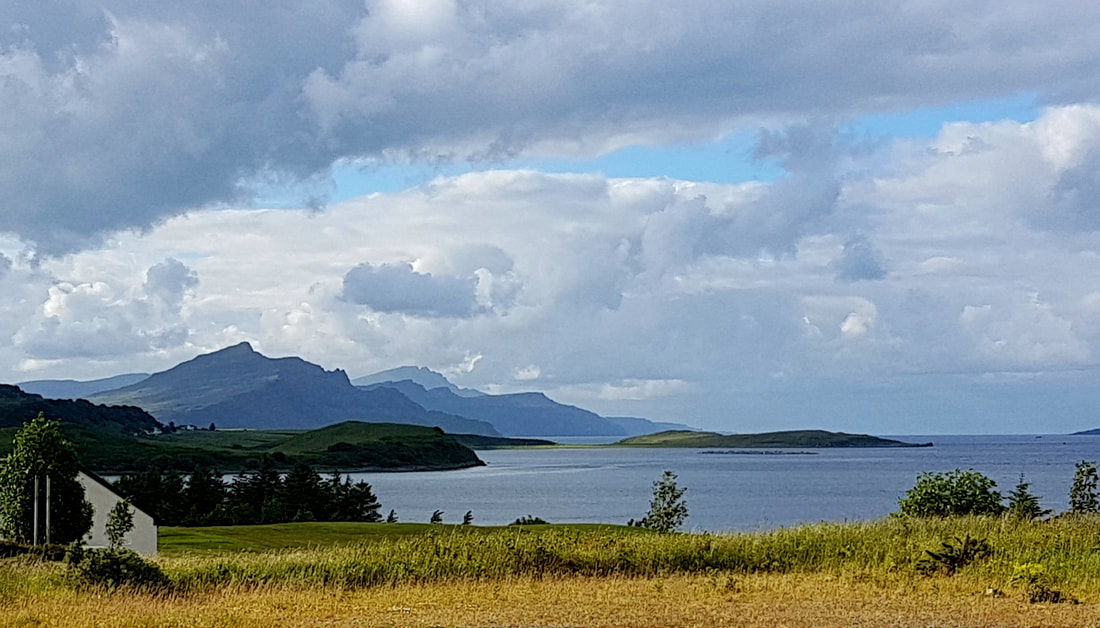
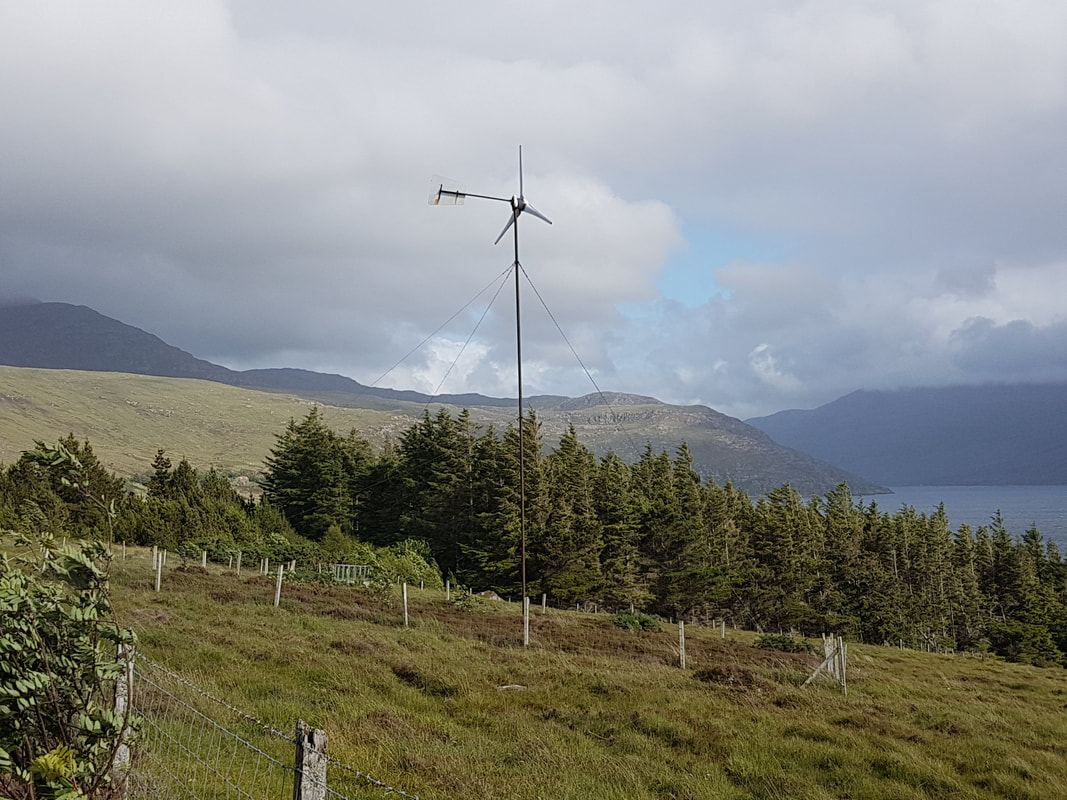
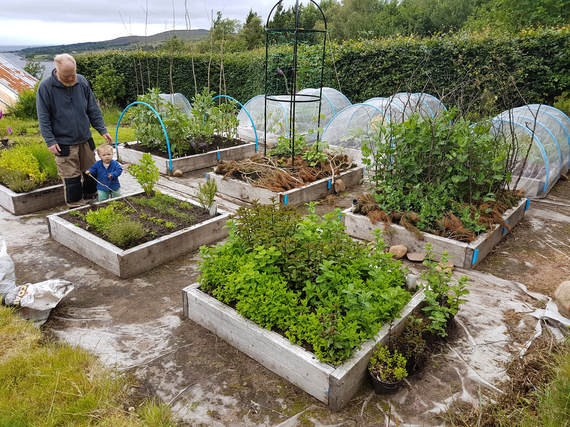
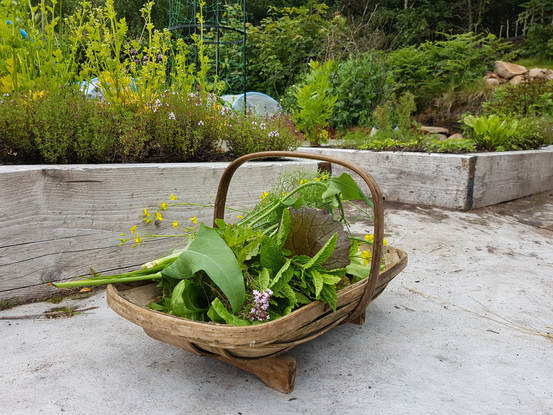
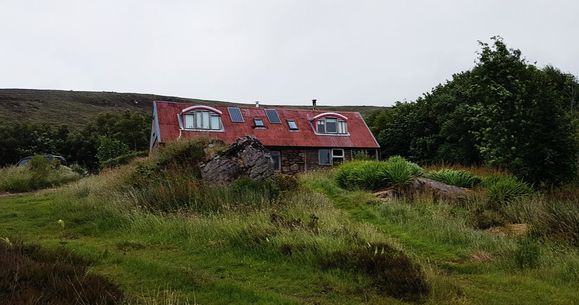

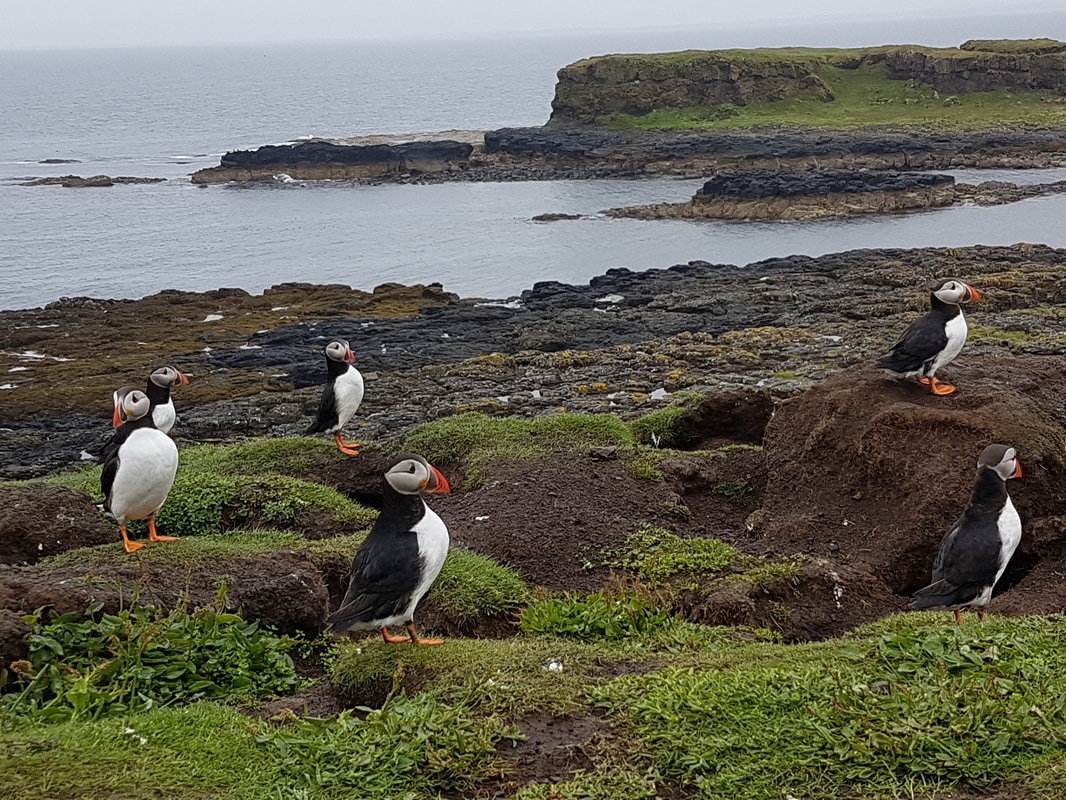
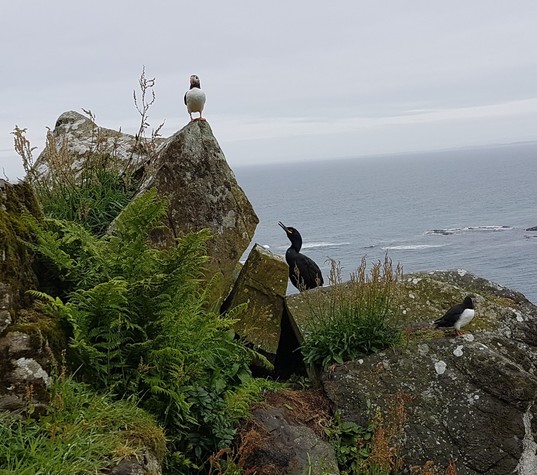
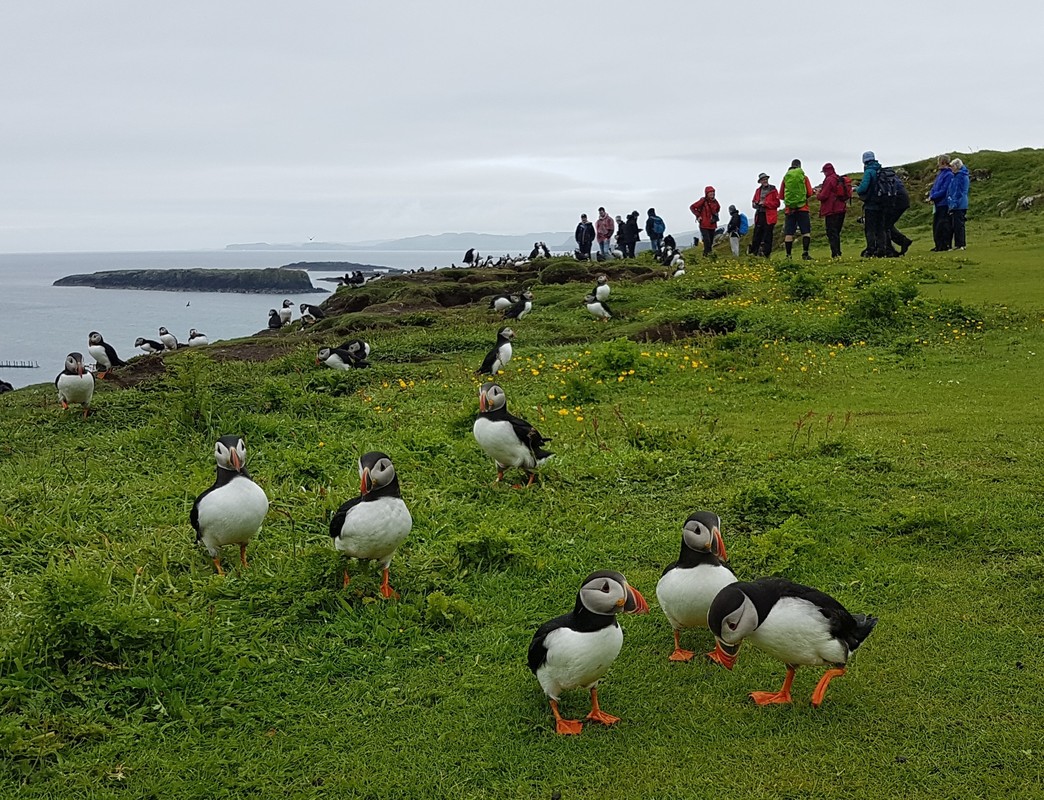

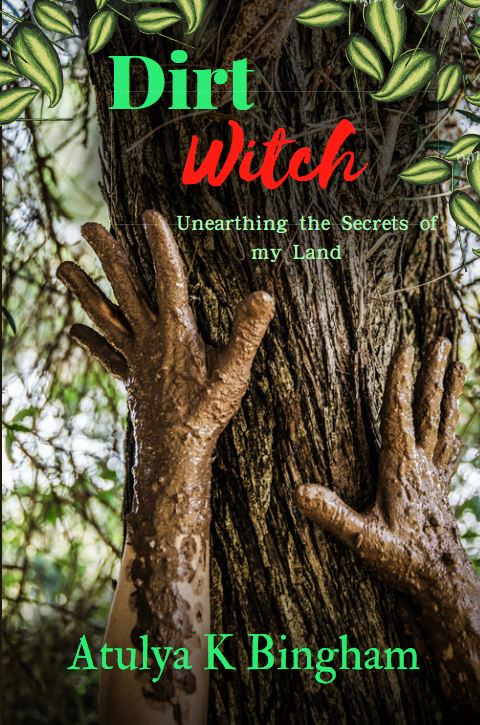
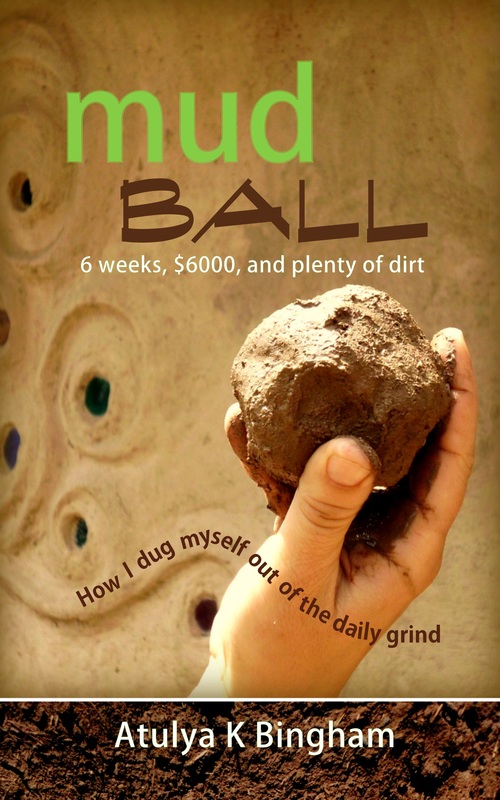
 RSS Feed
RSS Feed
